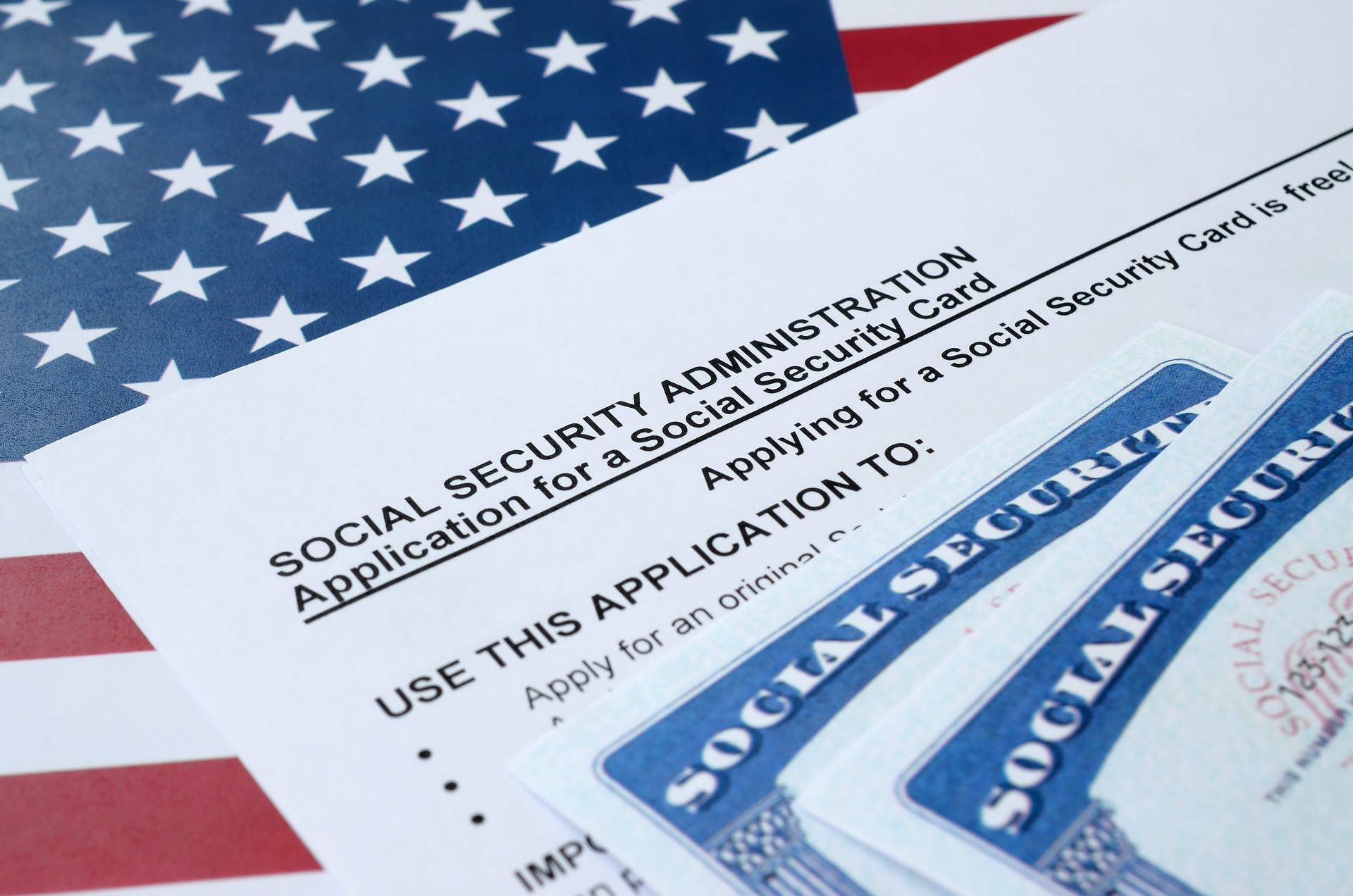
Foreign Bank Accounts and FBAR: What Counts in 2025
The $10,000 Rule
If you are a U.S. citizen, green card holder, or resident alien with foreign bank accounts, one number determines your FBAR filing obligation: $10,000.
If the total value of your foreign financial accounts exceeded $10,000 at any point in the year, you must file an FBAR (Foreign Bank Account Report). This requirement applies even if none of the accounts individually reached $10,000, and even if the balance only exceeded the threshold for a single day.
What Is the FBAR?
The FBAR is FinCEN Form 114. It is not filed with your tax return. Instead, it is submitted electronically through the BSA E-Filing System maintained by the Financial Crimes Enforcement Network (FinCEN).
The purpose is to help the U.S. government track offshore accounts and prevent tax evasion, but the rules apply broadly to ordinary expatriates and U.S. persons with routine foreign accounts.
What Counts as a Foreign Account?
Reportable accounts include:
- Checking and savings accounts at foreign banks
- Joint accounts with spouses, business partners, or others
- Foreign investment or brokerage accounts
- Certain foreign pension plans, depending on local law and tax treaty treatment
- Foreign mutual funds or unit trusts
- Accounts held by a foreign branch of a U.S. bank
Accounts generally not reportable include:
- U.S. bank accounts (even if accessed abroad)
- Credit cards (debt, not assets)
- Self-hosted cryptocurrency wallets (as of 2025). However, custodial accounts at foreign crypto exchanges are reportable.
If an account is with a foreign financial institution that holds your assets, assume it is potentially reportable unless specifically excluded.
FBAR Threshold: Aggregate, Not Per Account
The $10,000 threshold applies to the combined maximum value of all foreign accounts.
Example:
- Account A (France): $6,000
- Account B (Spain): $7,000
Total = $13,000 → FBAR required, even though neither account exceeds $10,000 on its own.
Deadlines in 2025
- April 15, 2025 – FBAR due date
- Automatic extension – If not filed by April, you are automatically extended to October 15, 2025. No separate request is required.
Penalties for Non-Compliance
Failing to file an FBAR can lead to severe penalties:
- Non-willful violations: Up to $10,000 per account, per year.
- Willful violations: The greater of $100,000 or 50% of the account balance at the time of violation.
FBAR vs. FATCA (Form 8938)
The FBAR is often confused with FATCA reporting. They are separate requirements:
- FBAR (FinCEN 114): Required if foreign accounts exceed $10,000. Filed with FinCEN through the BSA e-filing system.
- FATCA (Form 8938): Required if foreign assets exceed $50,000 (U.S. residents) or $200,000 (expats, single filer). Filed with the IRS as part of your tax return.
Many taxpayers must file both.
How to File an FBAR
- Gather account details: bank name, address, account number, maximum balance in USD.
- Convert balances into U.S. dollars using the Treasury’s year-end exchange rates.
- File electronically at BSA E-Filing System.
- Keep confirmation records for your files.
Missed FBARs?
Taxpayers who missed prior FBARs may qualify for the Streamlined Filing Compliance Procedures, which allow late filing with reduced penalties if the failure was non-willful.
Key Takeaway
If you have foreign bank or financial accounts and the total exceeded $10,000 at any point in 2025, you must file an FBAR. Reporting is about disclosure, not tax owed — even if no interest was earned, filing is still required.
Stay Ahead of Tax Season
Join the EdgeLetter our monthly newsletter with quick tax tips, expat deadlines, and freelancer reminders.
.png)
.png)


























.png)